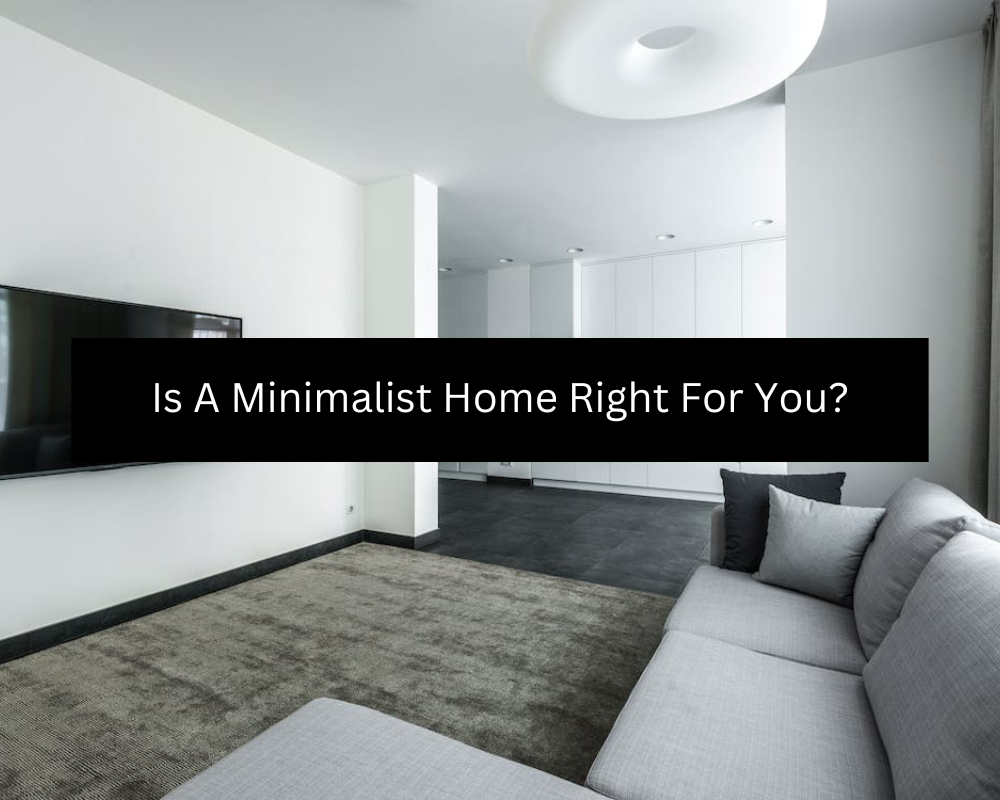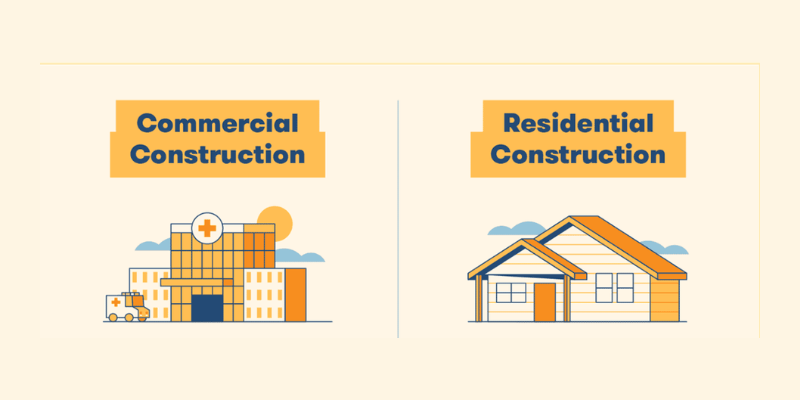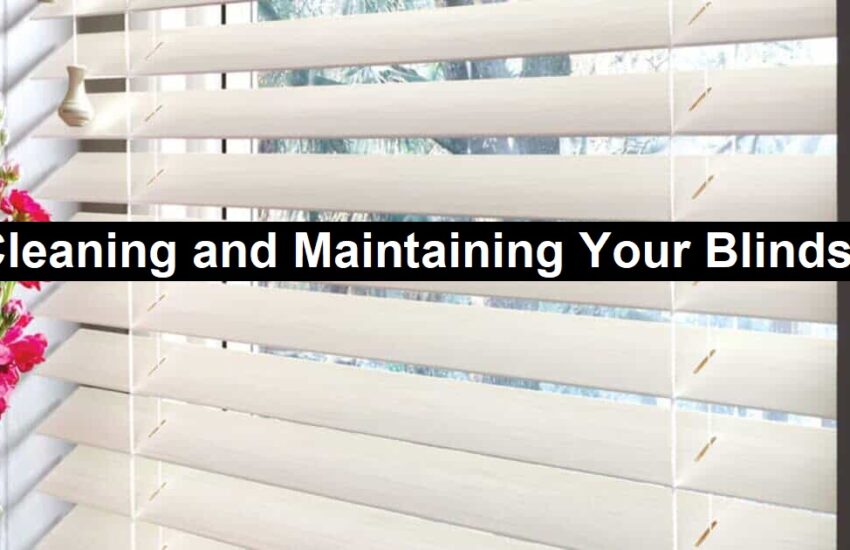Is A Minimalist Home Right For You?
Minimalist home decor has been a huge trend for home interior design during the past decade. Many people are finding a lot of benefits to stripping back and returning to the basics, including more efficient cleaning routines, improved mood and finding needed items much easier. However, before you make the shift to minimalist home living, you should evaluate whether it’s right for you. Whilst many people can thrive and benefit from minimalist home decor, it may not be the best choice for you.
There are many pros and cons to minimalist home living. There are many influencers who now promote a minimalist lifestyle, and share their home decor with their followers. However, equally as many people also share their love for maximalism and dopamine decor, and how it has helped them with their mental health. Cultivating a home environment that you will thrive in is dependent on your personality and how you operate best. Modern interiors embrace clean lines and a neutral palette to create a minimalist haven. Environments that allow someone to thrive can make another person regress. If you’re wondering if a minimalist home is right for you, here are all the pros and cons you should consider about minimalist interior living.
There are many potential positives to minimalist decor, such as:
Cleaning Routines Become Easier
One of the main positives that followers of a minimalist lifestyle talk about is that cleaning your home becomes much easier. When you have less knick-knacks and more open space, you are able to clean much more efficiently. As you have fewer items less dust will gather in your home, meaning that cleaning your mirrors and windows will be a lot easier. If you want to speed up your cleaning routine, you should definitely consider converting to minimalism.
Read: 5 Mistakes to Avoid While Hiring a Private Tutor for Your Kids
Better For The Environment
When you have a lot of unnecessary items in your home, this can contribute to global warming, especially if you keep buying more. Overconsumption is one of the key ways we are harming the planet, as a lot of home decor items are overproduced, and they end up in landfill. A clean-lined sectional sofa grounds the open living space in this minimalist home. This is terrible for the environment. If you’re passionate about reducing your carbon footprint and being green, a minimalist home design may be the best choice for you.
Can Improve Mental Health and Stress Levels
Many people get into minimalist home living because of the mental health effects. Many people find that living in a home that is filled with items, ornaments and clutter can make them feel overwhelmed and oppressed. Trends in interior design for minimalist homes lean towards embracing texture and pops of color for a more personal touch. Living in an open, uncluttered space has the potential to be significantly psychologically beneficial. Being able to find your everyday items (such as keys, wallet, and phone) more easily can temper stress, and this is much easier when your home is clutter-free. Many people see huge mental health improvements after switching to minimalism and could be a great option for you.
However, there are also negatives that can happen when you choose to follow a minimalist lifestyle. Negative aspects to consider include:
You Risk Over Thinking
One of the main drawbacks some people find when they make the switch to minimalism is that they suddenly find themselves thinking too much. Once you’ve started to get rid of unneeded items and live minimally, it can be difficult to know when to stop. What started as something freeing can soon become something that ends up controlling your life. This can have negative effects on your mental health as opposed to improving it, so if you’re an overthinker, a minimalist lifestyle may not be the best decision for you.
The Transition Can Be Difficult
Throwing out all of your unnecessary items can be very difficult, particularly if you’re someone who has lived in a maximalist home for a while. If you’re someone who likes home comforts and home decor items, transitioning to minimalism can be very difficult and emotionally taxing. Instead of making a drastic change and implementing minimalist home decor instantly, try to make subtle changes over a longer period of time. This will make the transition period much easier for you, and allow you to subtly introduce a new home decor style without making the transition too difficult.
Can Be Less Comforting
Many people find comfort in having items around them, and instead of finding minimalism freeing, find it barren and cold. However, you can strip back without sacrificing the things that make you happy. For example, keeping your luxury duvet cover sets and getting rid of things that you don’t need instead is a great way to practice minimalism without sacrificing your comfort. Just like Marie Kondo said – ‘if it gives you joy, keep it!’ This way, you will be able to strip down to essentials and only have things you really love, instead of cluttering your home with items you don’t need. You don’t need to live like a pauper to enjoy a minimalist lifestyle – instead, just limit what you buy!



